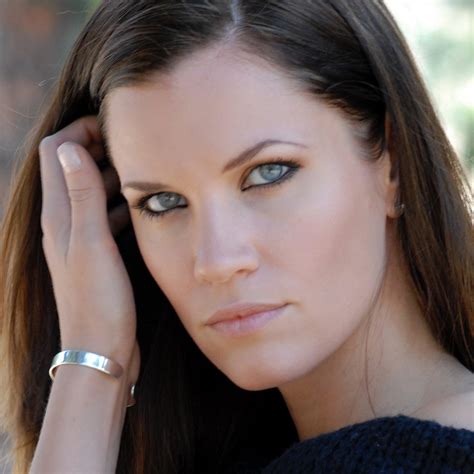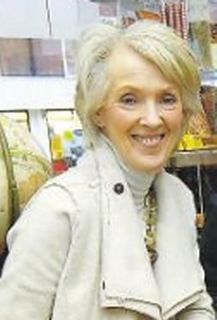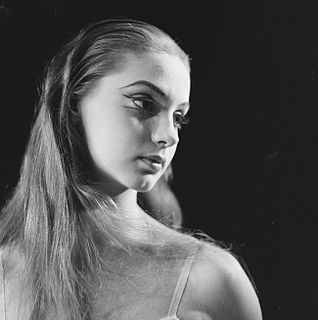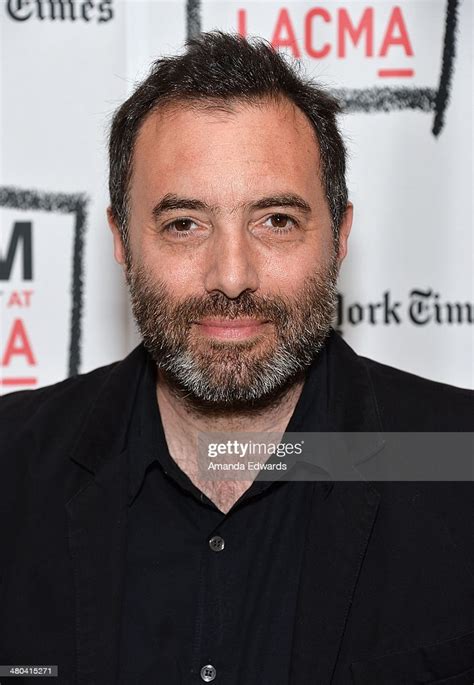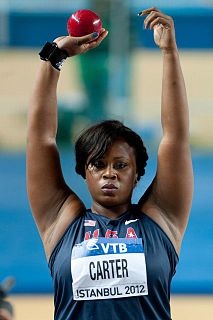A Quote by Rowan Atkinson
[Georges] Simenon could be very brave like that. You never quite know what you're going to get or how the story's going to be told.
Related Quotes
So here I am, sending a two-ounce mouse down into a dungeon with a sewing needle to save a human princess, and I don't know how in the world he's going to do it. I have no idea. That was the first time it occurred to me that writing the story was roughly equivalent to Despereaux's descent into the dungeon. I was tremendously aware of that as I was writing. I thought, "I have to be brave or else I'm not going to be able to tell it." But it's the only way that I can write. If I know what's going to happen, I'm not interested in telling the story.
I'm one of those people, since I was 5, I could tell you I was going to have kids. I could tell you I was going to have three. I could tell you they were going to be girls. But I have never wanted to get married. I never played bride. I was never interested. I don't know what it is; I never wanted to get married.
My mother told me I said to her, at age three, 'I'm going to go to Italy and get my father in a tractor.' 'You've never seen quite so fierce a little boy as you were,' she told me. She tried to explain that I couldn't get my father in a tractor. Apparently I looked at her and narrowed my eyes and said, 'In that case, I'm going in a double-decker bus,' and stomped off. Which is kind of funny, but it's very sad, as well.
You never quite know what you're going to come back to and figure out how to make it work. You never quite know where that desire to finish something, or return to something in a fresh way, is going to come from. Every time I finished a film and went back and looked at it, I had changed as a person.
I think people are a mixture of everything. I like desperate characters because they do things that most of us normally wouldn't do. If a character is a scoundrel or a liar you think you know them, but then I can bring some emotion to them and they become much fuller than you ever imagined. So what I try to do is have a story where you don't quite know where it's going, and characters who you don't quite know where they're going.
To me, when one is writing sometimes about a very specific subject with very specific people, I feel like if that story doesn't cross over, it's not working. That's very beautiful to me, to be sitting in Berlin and there's an actor reading my book in German. I don't even know what's going on, except I know to feel my own rhythms in another language and say, "If this is going well, I think everyone should laugh around now." Then maybe there's laughter, and for me, it reminds me of how story can move around the world.



